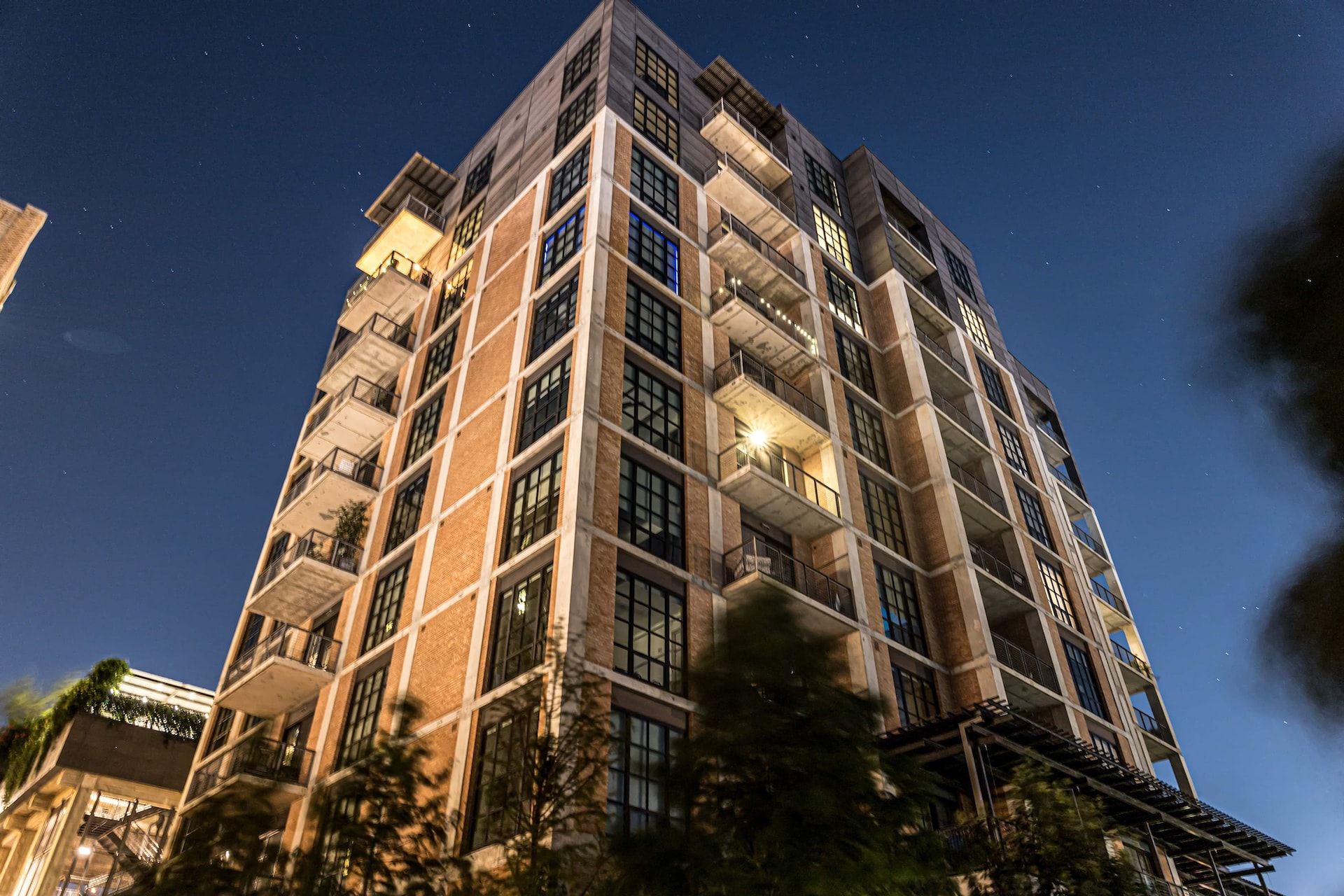Condominiums are a great solution for home buyers looking to enjoy their own space without spending a lot on maintenance costs that come with a single-family home. However, obtaining a mortgage to finance a condo purchase can be difficult, especially when the condo is considered non-warrantable.
Before submitting an offer for your dream condo, you need to know whether the property is warrantable or non-warrantable. This is because government agencies like Fannie Mae and Freddie Mac consider some condos to be highly risky in some circumstances. For this reason, it might be harder to get financing for non-warrantable condos.
While non-warrantable condo loans are challenging to find, there are financing options available. Keep reading to learn where to get a non-warrantable condo mortgage.
What is a Non-Warrantable Condo Loan?
A non-warrantable condo loan is a type of mortgage that doesn’t meet the strict guidelines set by Fannie Mae and Freddie Mac, government-sponsored agencies that purchase mortgages in the U.S.
Since non-warrantable condos pose a high risk to lenders, you may have a difficult time finding a mortgage lender that underwrites condos deemed “non-warrantable.” And if you do, you’ll probably pay high interest and provide a sizeable down payment.
Why Being Warrantable Matters
Being warrantable is crucial as it impacts your eligibility for a mortgage loan. This may also influence the ability of potential buyers to finance or buy the unit.
Warrantable condos meet Fannie Mae and Freddie Mac’s conventional standards. This means the units can be financed with conventional mortgages with more flexible terms and lower interest rates. Additionally, since these units are eligible for sale at government-sponsored enterprises, they appear less risky in the eyes of lenders, resulting in competitive interest rates.
On the other hand, non-warrantable condos have increased risk since Fannie Mae and Freddie Mac won’t buy these mortgages. For this reason, lenders often charge high-interest rates and require larger down payments.
What Makes a Condo Non-Warrantable?
A condo is non-warrantable if it features any of the following restrictions:
- The project is still under construction
- The development includes commercial space,
- A single individual owns more than 10% of the units
- Most of the units are rented to non-owners
- The developer has not turned over the control of the HOA to the owners
- The property is involved in litigation of any kind
How to Find Out if a Condo is Warrantable or Not
Figuring out whether a condo is warrantable or non-warrantable is easy. This is because Fannie Mae and Freddie Mac keep a list of approved condo projects public. In addition, you can check out on your own through the Department of Housing and Urban Development (DHUD) database for FHA and VA-approved condos. All you have to do is input the condo name, location, and status. If the condo you’re looking for is on the list, chances are it’s warrantable.
Your lender or real estate agent can also help you find out if a condo is warrantable. They can order a project review to determine whether the property qualifies as a warrantable condo. Here are some of the things your lender or real estate agent will look out for when evaluating if a condo is warrantable or not:
- Review homeowners association paperwork to ensure that they meet the eligibility criteria.
- Check if the condo meets the occupancy requirements. For example, Fannie Mae and Freddie Mac require at least 50% of the condominium units to be owner-occupied.
- Confirm that the condo has no litigation of any kind
- Review the condo insurance coverage of the condo 一 it should meet the requirements set by government-insured loan programs.
What You Need to Consider When Getting a Non-Warrantable Condo
There are essential factors you need to consider before you get a non-warrantable condo. As a condo buyer, owner, and potential seller, you may face the following issues:
Issues Buying the Condo
Buying a non-warrantable condo can be harder than a warrantable condo, especially if you’re using a mortgage to finance your purchase. Since non-warrantable condos pose an increased risk to lenders, you can expect stricter underwriting guidelines. As such, you’ll need to put down a hefty down payment (usually 20% or more) to buy a condo.
Availability of Financial Documents
It’s important to review the financial documents of the non-warrantable condo to understand the financial health of the development. This may include reviewing the budget, reserves, and delinquency rates for HOA dues. However, the financial documents may not be readily available.
The Development’s True Financial Health
There are several reasons why a condo is considered non-warrantable. For example, it may be non-warrantable because several owners are delinquent on dues or the project has little money in its reserve fund for emergency expenses. All these indicate that the HOA has cash flow problems.
Problems Selling the Property
Non-warrantable condos may have limited appeal in the resale market, which could make it difficult to sell the property in the future. For one, these units aren’t backed by any government agency. Plus, potential buyers may not meet the down payment requirements. So, before getting a non-warrantable condo, consider whether this is a long-term or short-term investment.
Getting Financing
Obtaining financing for a non-warrantable condo is often more challenging than for warrantable condos. However, a few lenders offer non-warrantable condo loans. So, be prepared to potentially pay a higher interest rate and put down a larger down payment.
Should You Get a Non-Warrantable Condo Loan?
Deciding whether to get a non-warrantable condo loan ultimately depends on your needs and current financial situation. Non-warrantable condos may be a great option for home buyers interested in properties that do not meet the standard warrantable requirements.
However, it’s vital to consider the potential risks and benefits before getting a non-warrantable condo mortgage. Some of the benefits include great flexibility in property usage, a unique living experience, and the potential for lower prices. Conversely, the downsides of non-warrantable condo loans are higher interest rates and larger down payments.
Before applying for a non-warrantable condo loan, do your due diligence on the specific property, as well as the requirements and restrictions associated with this type of loan.
Planning to Get a Non-Warrantable Condo Loan?
It can be very upsetting if you get your heart set on a specific condo but realize that it’s non-warrantable. Fortunately, you can finance a non-warrantable condo if you find a lender that offers portfolio loans. A portfolio loan is a mortgage the lender issues and holds until the loan is paid off instead of reselling into the secondary mortgage market.







